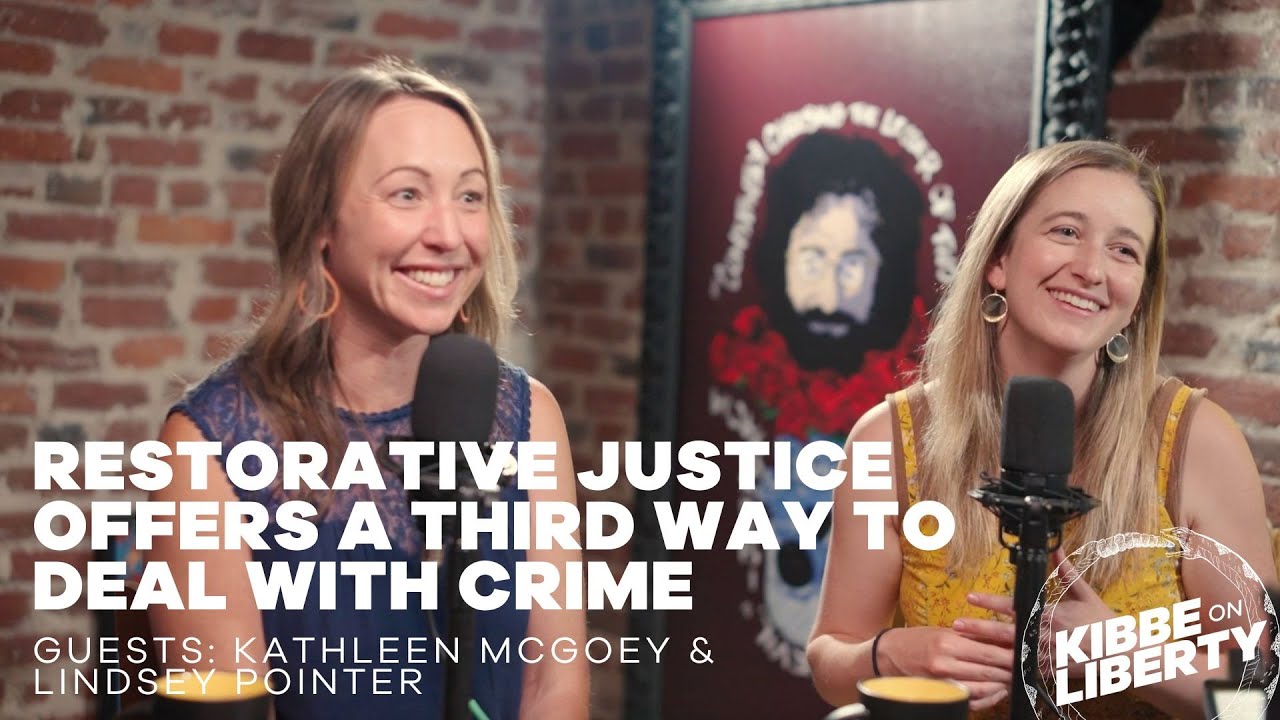
Meek Mill Knows It’s Time to Reform Our Criminal Probation System
In a song on his 2018 album “Championships,” rapper Meek Mill asked a powerful question: “What’s Free?”
Now the 31-year-old is fighting to ensure that the 4.5 million Americans on probation or parole can answer that for themselves. On Jan. 23 a new criminal justice reform organization officially launched, which will be co-chaired by Mill, Philadelphia 76ers co-owner Michael Rubin, and television personality Van Jones. Titled REFORM Alliance, the operation will also receive support from rapper Jay-Z, New England Patriots owner Robert Kraft, and other leaders in business, sports and entertainment—with the goal of changing the “laws, policies and practices that perpetuate injustice” in the criminal justice system. Their first goal will be to address the “revolving door of probation and parole.”
And Mill is the perfect face to showcase the dire need for parole and probation reform.
It was April 2018. A helicopter carrying Mill and Rubin departed a prison in Chester, Pennsylvania en route to Philadelphia’s Wells Fargo Center, just in time for tip-off of the 76ers playoff game against the Miami Heat. Mill, a Philadelphia native, would go on to ring the pregame ceremonial Liberty Bell to a standing ovation, before watching alongside Rubin and comedian Kevin Hart.
That was the day the critically-acclaimed hip hop star was released from prison. And while it might have seemed as though he was finally free, Mill knew that he wasn’t. And he still isn’t today—not really. Mill was “freed” on bail after it was determined there were “credibility concerns” with the police officer who was a major witness in his 2008 drug and firearms arrest, but he’s on probation until 2023.
So Mill is stuck on probation for another four years as punishment for a crime he maintains he never committed—a claim that’s supported by the evidence.
Sadly, Mill’s case is by no means unique. According to the National Registry of Exonerations, 2,364 Americans have been wrongfully convicted of a crime and served time in prison before eventually being exonerated. The Innocence Project estimates that anywhere between 2.3 and 5 percent of America’s prison population is actually innocent. That’s tens of thousands of Americans behind bars for crimes for which they’re not guilty. But often—even when evidence exonerates these people and they’re released—our system continues to trample on their freedom through constant monitoring.
Even for those who actually have committed a crime, it’s still better that we release them on probation than dole out long prison sentences, particularly if the person showed good behavior or participated in recidivism reduction programs while locked up. For example, in Mill’s home state of Pennsylvania, a study showed that those who were released on probation before their prison term was up were less likely to reoffend within three years than those who finished out their sentence in prison.
But even here, there are still issues with probation. As Mill’s new organization will showcase, some probation terms are clearly longer than the crime committed could possibly justify. For example, selling three grams of cocaine in the state of Minnesota could result in 25 years on probation.
In addition to the constant supervision and heavy conditions with which probationers must comply, they’re also often saddled with probation-related fines and fees. Delinquency on these payments can mean a return to prison, creating the “revolving door” that REFORM hopes to address. It’s crucial that probation terms are proportionate to the crime. It’s also vital that these folks find work when they’re released from prison. Removing barriers like overly-strict occupational licensing rules is one such way to ensure they find rewarding work that can help them pay any fees they owe and stay out of prison.
Not only do absurdly long probation terms threaten the freedom of ex-convicts, these terms also add a burden on taxpayers.
A 2017 study from the United States Courts found the average annual cost to keep a person on federal probation is $4,392. With 4.5 million people on probation or parole, that cost can add up quickly—and frankly, it doesn’t make much sense.
Getting those who committed minor drug offenses or other non-violent crimes off of parole will save taxpayers money and take us a step closer toward a just society. So we should all hope Meek Mill’s efforts are successful at overhauling an American criminal justice system that is, at its core, utterly broken.
Free the People publishes opinion-based articles from contributing writers. The opinions and ideas expressed do not always reflect the opinions and ideas that Free the People endorses. We believe in free speech, and in providing a platform for open dialogue. Feel free to leave a comment.



